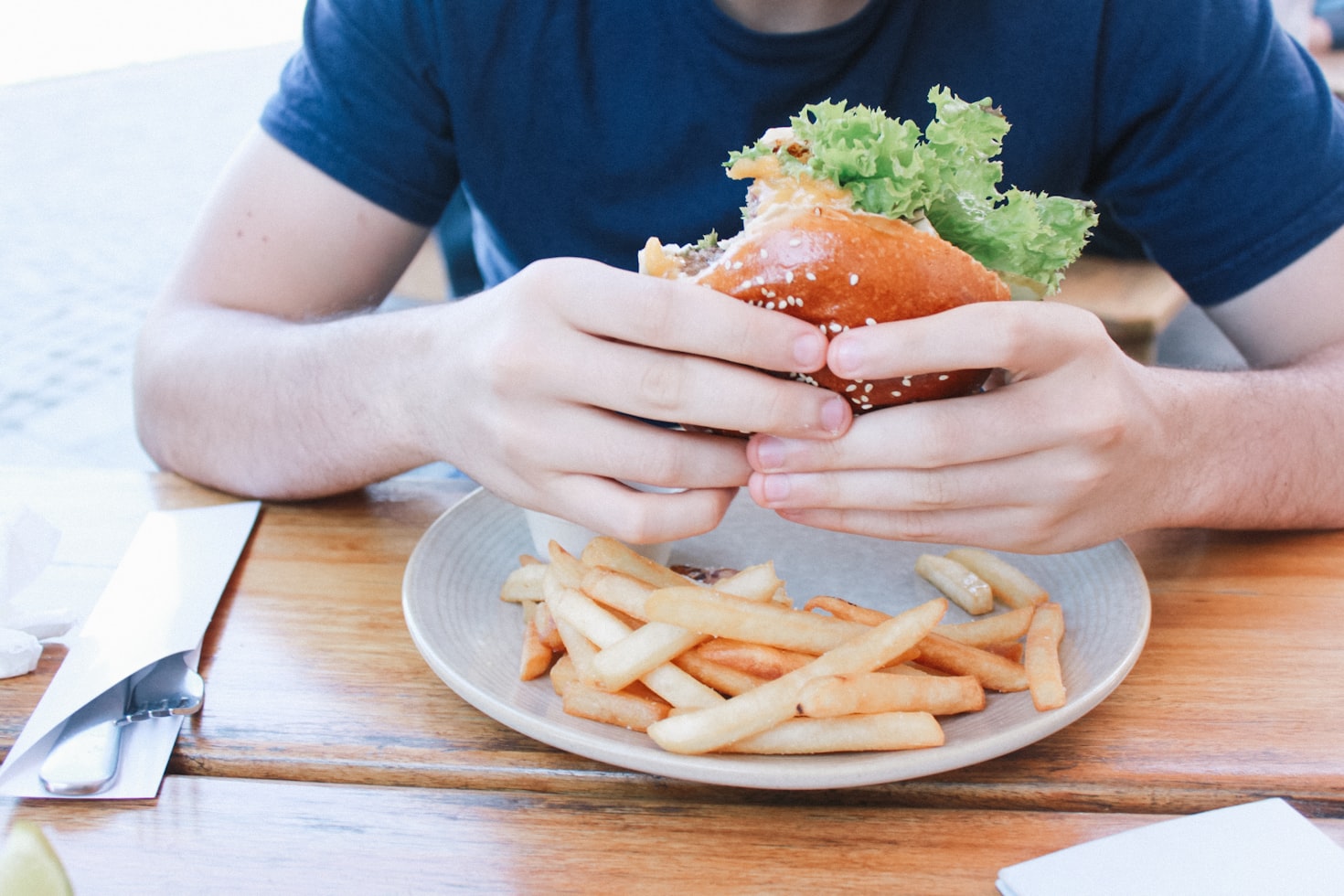How Many Days to Get Into Ketosis
When it comes to weight loss and improving overall health, many people turn to the ketogenic diet. This low-carb, high-fat diet has gained popularity due to its potential to help individuals achieve ketosis, a metabolic state where the body burns fat for fuel instead of carbohydrates. However, one common question that arises is how long it takes to get into ketosis. In this article, we will explore the factors that influence the time it takes to enter ketosis and provide valuable insights into this process.
Understanding Ketosis
Before diving into the time it takes to achieve ketosis, it is essential to understand what ketosis is and how it works. Ketosis is a natural metabolic state in which the body produces ketones from fat to use as an alternative source of energy when glucose (derived from carbohydrates) is limited.
Typically, our bodies rely on glucose as the primary source of energy. However, when carbohydrate intake is restricted, such as in a ketogenic diet, the body starts breaking down stored fat into ketones through a process called ketogenesis. These ketones are then used by the body, including the brain, as an energy source.
Factors Affecting the Time to Enter Ketosis
The time it takes to enter ketosis can vary from person to person. Several factors influence this process, including:
- Dietary Carbohydrate Intake: The most crucial factor in achieving ketosis is limiting carbohydrate intake. Generally, consuming fewer than 50 grams of carbohydrates per day is recommended to induce ketosis. However, some individuals may need to restrict their intake even further to reach this metabolic state.
- Individual Metabolism: Each person’s metabolism is unique, and this can affect the time it takes to enter ketosis. Some individuals may naturally transition into ketosis more quickly, while others may take longer.
- Physical Activity: Regular physical activity can help deplete glycogen stores in the body, which can expedite the process of entering ketosis. Engaging in exercise can also enhance insulin sensitivity, making it easier for the body to switch to using fat as fuel.
- Body Composition: Body composition, including factors such as muscle mass and body fat percentage, can influence the time it takes to achieve ketosis. Individuals with higher muscle mass may enter ketosis more rapidly due to their increased metabolic rate.
Typical Timeframe to Enter Ketosis
While the time it takes to enter ketosis can vary, most individuals can expect to achieve this metabolic state within 2 to 7 days of following a strict ketogenic diet. During this period, the body depletes its glycogen stores and begins producing ketones.
It is important to note that some individuals may experience symptoms known as the “keto flu” during the initial transition into ketosis. These symptoms can include fatigue, headaches, irritability, and nausea. However, they are usually temporary and subside as the body adapts to using ketones for energy.
FAQs
1. Can I speed up the process of entering ketosis?
While the time it takes to enter ketosis is primarily influenced by individual factors, there are a few strategies that may help expedite the process:
- Engage in regular physical activity to deplete glycogen stores.
- Ensure strict adherence to a low-carbohydrate, high-fat diet.
- Consider intermittent fasting, which can help deplete glycogen stores and promote ketone production.
2. How can I know if I am in ketosis?
There are several ways to determine if you have entered ketosis:
- Use ketone urine strips or blood meters to measure ketone levels.
- Look for signs such as increased energy, reduced appetite, and improved mental clarity.
- Consult with a healthcare professional who can perform blood tests to measure ketone levels accurately.
3. Can I consume too much protein while trying to achieve ketosis?
While protein is an essential macronutrient, consuming excessive amounts can potentially hinder the process of entering ketosis. This is because excess protein can be converted into glucose through a process called gluconeogenesis. It is recommended to moderate protein intake and focus on consuming adequate amounts of healthy fats.
4. Can I consume alcohol while in ketosis?
Alcohol can affect ketosis as it is metabolized differently in the body. When consumed in moderation, certain alcoholic beverages, such as spirits like vodka or whiskey, can be compatible with a ketogenic diet. However, it is important to note that alcohol can temporarily pause fat burning until it is metabolized.
5. Can I experience weight loss without being in ketosis?
While ketosis can enhance weight loss due to the body’s increased fat-burning capabilities, it is possible to lose weight without being in a state of ketosis. A calorie deficit, achieved through a balanced diet and regular exercise, can lead to weight loss regardless of whether ketosis is achieved.
6. Is ketosis safe for everyone?
Ketosis is generally considered safe for most individuals. However, it is important to consult with a healthcare professional before starting a ketogenic diet, especially if you have any underlying health conditions or are taking medications. They can provide personalized guidance and ensure that the diet is suitable for your specific needs.
Summary
Entering ketosis is a metabolic process that can be achieved by following a low-carbohydrate, high-fat diet. The time it takes to enter ketosis varies from person to person and is influenced by factors such as dietary carbohydrate intake, individual metabolism, physical activity, and body composition. Most individuals can expect to achieve ketosis within 2 to 7 days of following a strict ketogenic diet. It is important to listen to your body and consult with a healthcare professional before embarking on any significant dietary changes. By understanding the process of ketosis and implementing appropriate strategies, individuals can harness the potential benefits of this metabolic state for weight loss and overall health.




